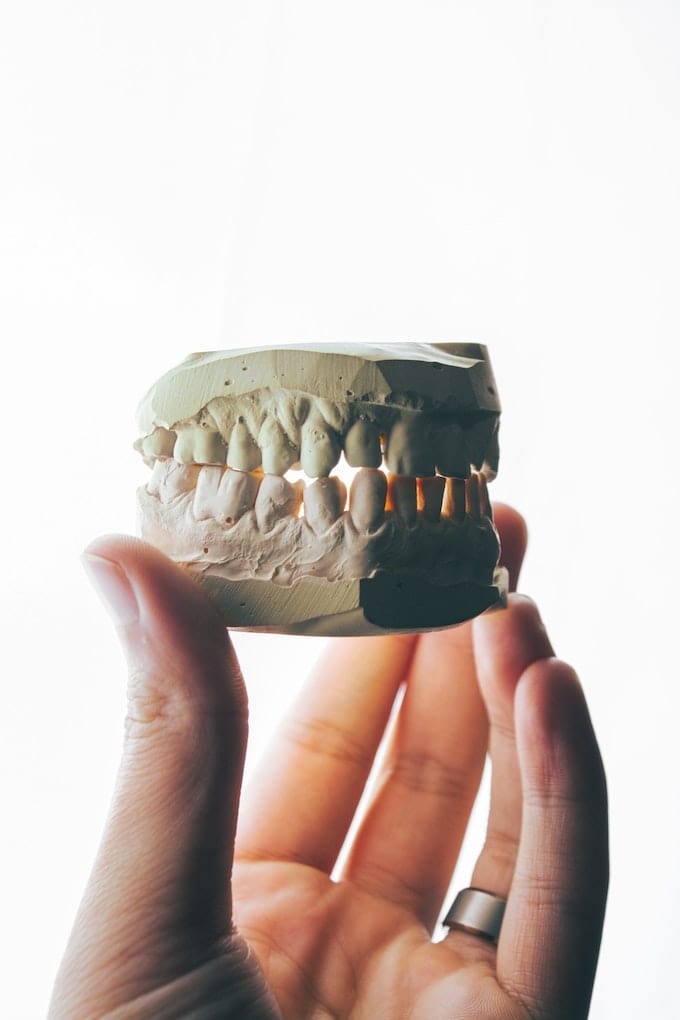
November 6, 2023
How DSOs Can Work for You

In case you haven’t heard, dental service organizations (DSOs) provide non-dentist investors the ability to put money into dentistry. They allow investors to get a return on their investment, even if they aren’t a dentist. It’s true DSOs have gotten a bad reputation in the past, but before you cast your judgments, we’re here to share the factors that help DSOs work for, not against, you and your dental practice.
How DSOs work
The DSO provides services to the dental practice through a management services agreement (MSA), which allows the DSO to derive income from that business. All assets then live at the DSO rather than the practice. However, the dental practice must still have a doctor and/or owner in some form. There must be a patient relationship because corporate dentistry laws state a cannot have a non-dentist owner. In many ways, working with a DSO creates a mutually beneficial relationship: The DSO needs the dentist to drive income, and the dentist gets the residual benefits of buying on a bulk scale.
How DSOs operate
The way DSOs work also varies based on many factors, like location, mainly due to regulatory reasons. State laws on the corporate practice of medicine decide what groups can and can’t do within the MSA. Along with what they can charge for a practice, DSOs often encounter roadblocks when operating in certain areas. Other regulations include board of dental rules, which oversee how many hours staff works and how the ownership percentage can be broken down. Oftentimes, DSOs reevaluate how they operate within certain geographic areas and adjust their model accordingly.
What factors help DSOs exist and thrive
- Baby boomer skills gap
- Changing demographics of the industry
- Bank-lending protocols
- Student loan repayments
- Insurance negotiations
- Regulatory environment
- Legal representation (negotiating a lease, employment contracts, insurance contracts, etc.)
- Services DSOs provide
- Purchasing power of supplies and equipment
- Billing services
- Marketing
- Managing call centers
- Accounting
- Human resources services (hiring staff and associates, etc.)
What’s next?
There is so much to consider when transitioning ownership of your dental practice. Contact the experts at Professional Transition Strategies to learn all your options.